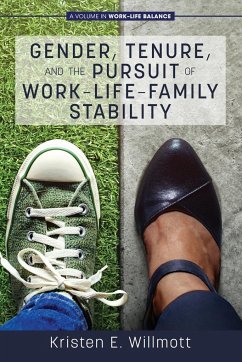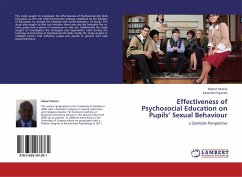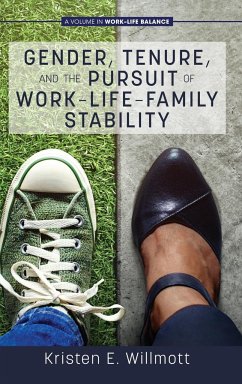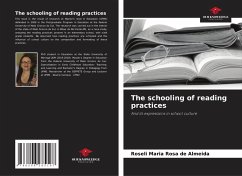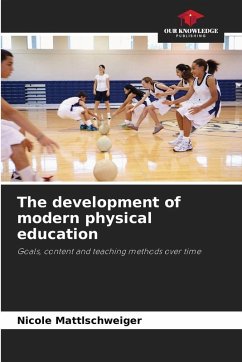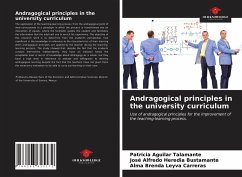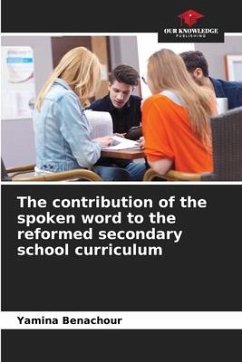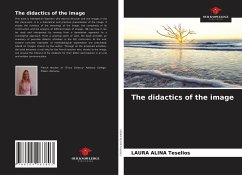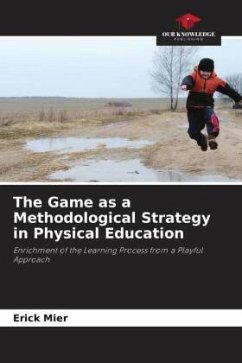
Gender, sexual diversity and the curriculum
A case study of discursive practices of (non)subjectivation in the school environment
Versandkostenfrei!
Versandfertig in 6-10 Tagen
41,99 €
inkl. MwSt.

PAYBACK Punkte
21 °P sammeln!
We aim to examine and analyse the discursive practices and of (non)subjectivation in the school environment, whose emphasis is on the relations between gender studies and sexualities and their interfaces with teacher education, as well as their sociocultural implications in and for the process of constitution of gender and sexual identities. For this purpose, our theoretical and critical basis comes mainly from a post-structuralist perspective, with regard to the studies of gender and sexualities, including the perspective of cultural studies on the theories of curriculum, and therefore on tea...
We aim to examine and analyse the discursive practices and of (non)subjectivation in the school environment, whose emphasis is on the relations between gender studies and sexualities and their interfaces with teacher education, as well as their sociocultural implications in and for the process of constitution of gender and sexual identities. For this purpose, our theoretical and critical basis comes mainly from a post-structuralist perspective, with regard to the studies of gender and sexualities, including the perspective of cultural studies on the theories of curriculum, and therefore on teaching and teacher education, from which we verticalize our discussions about the relationship between gender, sexual diversity and curriculum. Based on these theoretical and critical assumptions, we chose a case study in a public school of basic education, in a peripheral region, in the urban area, in the city of Porto Nacional, in the state of Tocantins, Brazil. During our analyses, we noticed that the school, as a social institution, unfortunately still reproduces certain discourses considered to be rooted in sociocultural terms, alienating subjects.



